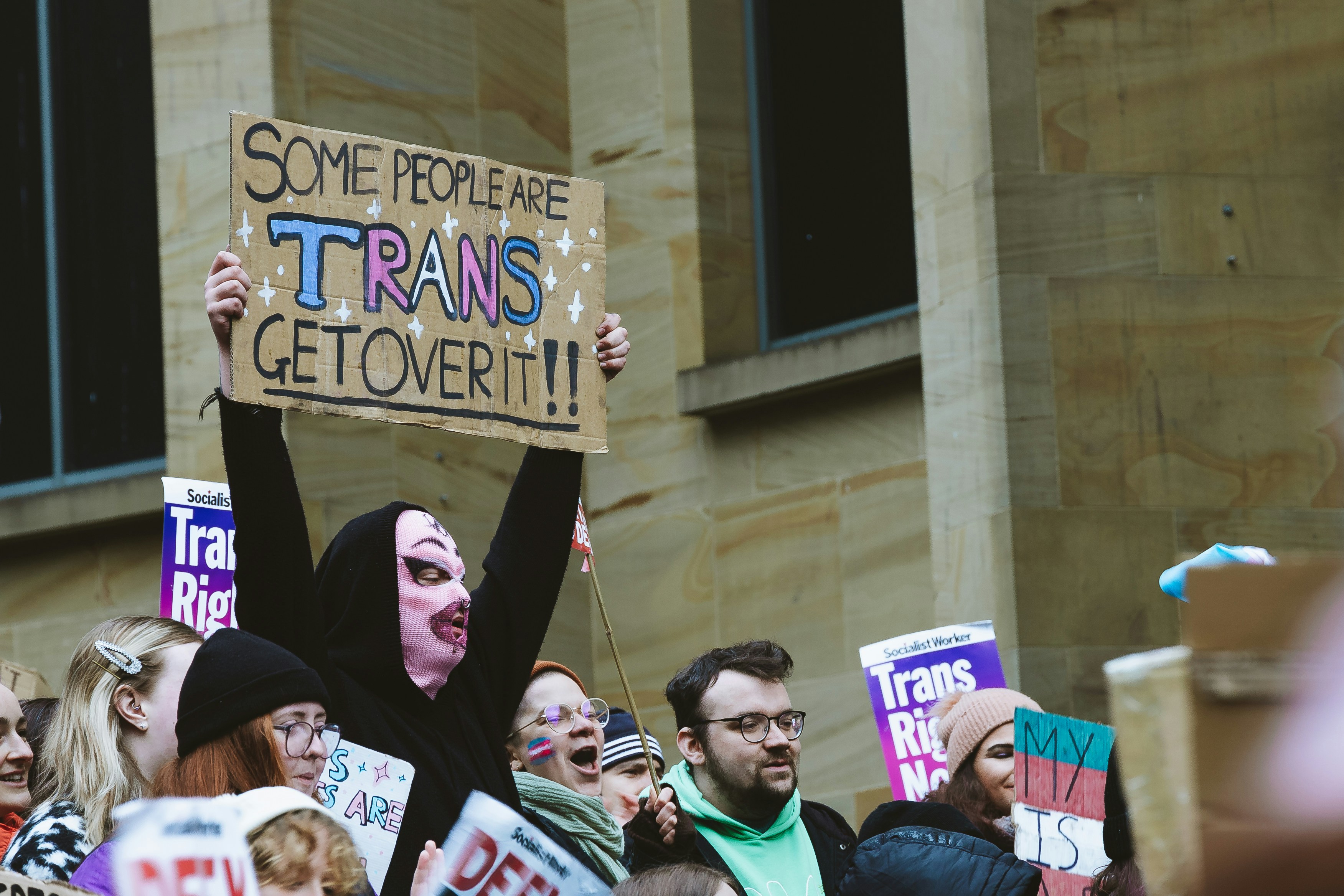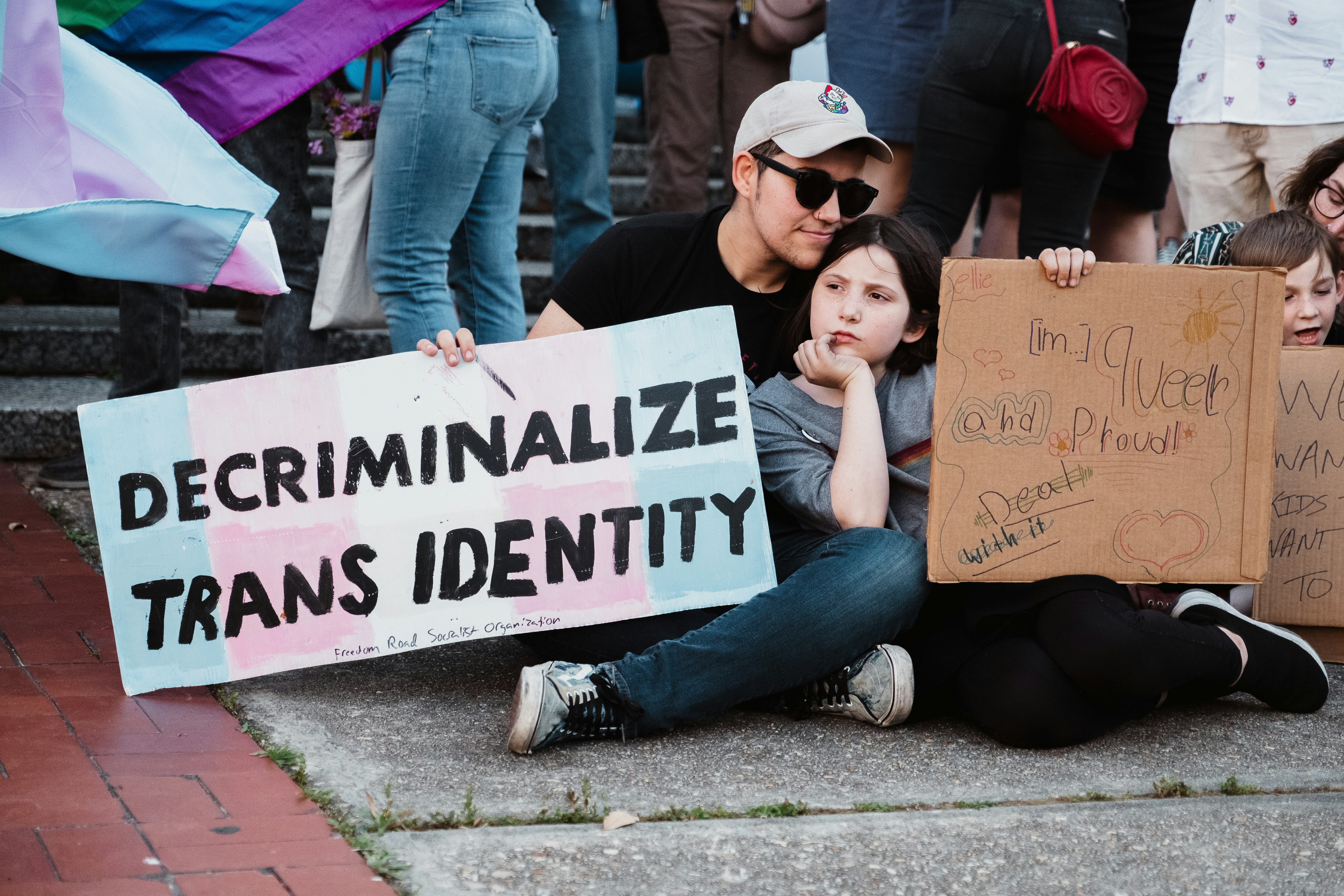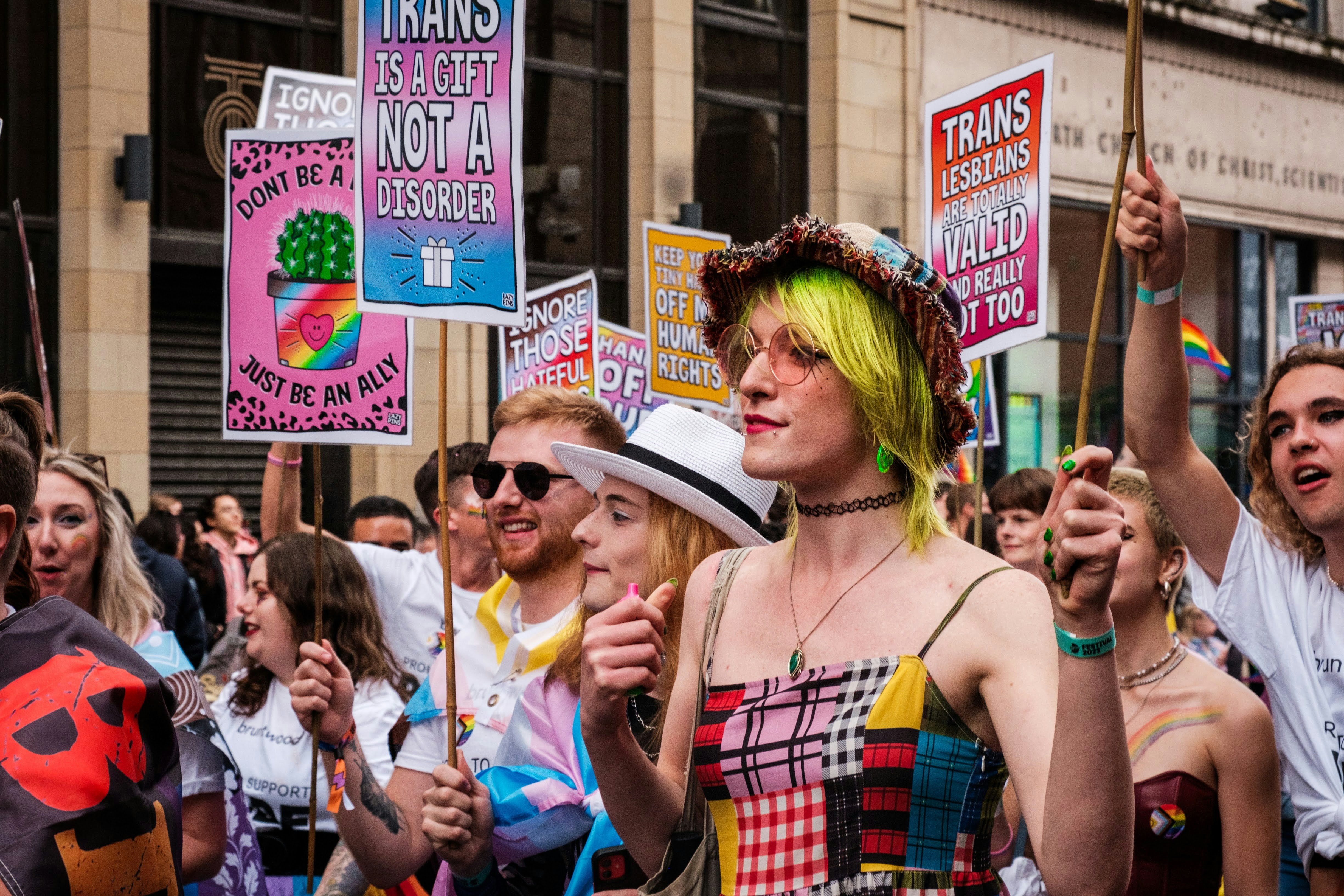Understanding Detransition: Myths vs. Reality
Detransition, often surrounded by a cloud of misunderstanding, refers to the process through which individuals who have previously undergone gender transition choose to revert back to their original gender identity. It is crucial to recognize that detransition is a multifaceted experience that can stem from various factors including personal, social, and psychological complexities. These decisions are rarely black and white, as individual journeys toward identity are inherently nuanced.
One prevalent myth is that detransitioning is simply a trend among individuals who regret their transition. While there are cases of individuals who may find that transitioning does not align with their true self, many who detransition do so after a profound and often painful exploration of their gender identity. It is not merely an act for social acceptance or a rejection of their previous identity, but rather a reflection of their evolving understanding of themselves. The decision to detransition can arise from a variety of experiences, including societal pressures, mental health challenges, or the need for societal acceptance, all which must be addressed with sensitivity and respect.
Furthermore, it is essential to differentiate between those who genuinely identify as detransitioners and individuals who may be using the narrative for commentary on the transgender experience. False narratives surrounding detransition can undermine the very real struggles of individuals navigating their identity. Moreover, these misconceptions can contribute to harmful stereotypes and societal stigmas against the transgender community as a whole.
Therefore, understanding the difference between real detransitioners and those who may inaccurately represent their experiences is vital to fostering a more informed dialogue. It is imperative to approach this topic with compassion and openness, listening to the lived experiences of individuals rather than relying on broad generalizations.
Performative Detransitioning: The New Trend?
In recent years, the phenomenon of performative detransitioning has emerged as a concerning trend within social dialogues surrounding gender identity. This term refers to instances where individuals publicly claim to have detransitioned not from a place of genuine introspection or a need to align their gender identity with their lived experience, but rather as a means to attain social acceptance or engage in scapegoating behaviors against the transgender community. This complex layer of identity expression raises crucial questions about authenticity and the motivations behind publicly renouncing one’s prior gender identity.
Individuals engaging in performative detransitioning often adopt specific behaviors and language that can be harmful and detrimental. For instance, some may utilize sensationalized narratives of their experiences to draw attention, framing their shifts in identity as cautionary tales to discourage others from pursuing gender-affirming measures. This approach not only invalidates the deep struggles faced by many within the gender spectrum but also perpetuates negative stereotypes about transgender individuals. Such actions foster an environment of mistrust and division, undermining the genuine conversations that need to occur regarding gender identity and transition.
The performative nature of these cases is often evident through social media platforms where individuals seek affirmation and validation from followers, amplifying their narratives without engaging in a meaningful discourse about gender identity. This behavior has significant ramifications, as it can lead to a misunderstanding of true detransition experiences, where individuals rightly feel that their medical and psychological experiences are being diluted or misrepresented.
By understanding the dynamics of performative detransitioning, it becomes clear that discussions surrounding gender identity must remain rooted in empathy and accuracy. Such discussions are crucial to ensuring that authentic experiences are acknowledged, respected, and supported within society, allowing for a more nuanced understanding of the complexities surrounding gender identity and transition.
The Harms of Bullying: Real-Life Impact on Trans Individuals
The psychological and social ramifications of bullying, particularly within the context of gender identity, are profound and far-reaching. Individuals who identify as transgender often face discrimination and hostility not only from peers but also from those claiming to detransition. These detransition narratives can inadvertently perpetuate harmful stereotypes and foster a culture of misunderstanding that affects the broader trans community. Real-life stories illustrate the severe impacts of this bullying. For instance, a young trans woman shared her experience of being targeted at school, which deteriorated her mental health and led to a deepening sense of isolation. Such instances exemplify how targeted harassment can lead to anxiety, depression, and a detachment from one’s identity.
The societal attitudes reinforced by individuals detransitioning can create a cycle of discrimination, where trans individuals are discredited in discussions about their rights and identities. This not only affects those directly involved but also sends a larger message of acceptance or rejection to the community at large. Case studies reveal that when detransitioning individuals are vocal, they often signify a need for validation at the expense of others’ lived experiences. These narratives can create an environment rife with confusion, where the identities of trans people are questioned and dismissed as mere phases.
Furthermore, this harmful rhetoric can lead to real-world consequences, including increased incidences of violence against trans individuals. The target of bullying creates a ripple effect that includes not just the victim but also their families and support systems, inciting fear and perpetuating loneliness. It is crucial to highlight these stories to foster empathy and understanding, prompting a reevaluation of public discourse surrounding detransition. By recognizing the real-life impacts of bullying within the transgender community, society can move towards a more inclusive narrative that uplifts rather than diminishes individual identities.
Building a Supportive Environment: What We Can Do
Creating a supportive environment for the trans community is essential in addressing the challenges posed by performative detransitioning and fostering inclusivity. First and foremost, education plays a pivotal role. It is critical to engage in open dialogues about gender identity, encouraging discussions that facilitate understanding rather than conflict. Educational initiatives can take various forms—workshops, online resources, and community meetings—that explore the complexities of gender identity and promote acceptance. By fostering awareness of the unique experiences and struggles faced by transgender individuals, we can dismantle harmful stereotypes and misconceptions.
Furthermore, it is fundamental to advocate for the inclusion of transgender voices in all conversations related to gender identity. Inclusivity can be promoted by actively creating platforms that feature authentic narratives from the trans community. This can be accomplished through writing, storytelling events, and speaking engagements that highlight personal experiences and foster empathy. Solidarity is crucial; allies must commit to elevating these voices and ensuring that discussions surrounding identity are driven by those who truly understand the nuances and complexities involved.
In addition, building safe spaces where individuals can express their gender identity without fear of judgment is necessary. This can be achieved by establishing supportive groups and networks that facilitate connection and discussion among various members of the community. Initiatives such as mentorship programs can also empower younger individuals who may be navigating their identities, providing them with guidance and support. Finally, it is essential to challenge performative detransition narratives by promoting a culture of acceptance that prioritizes individual authenticity. By collectively striving to enhance understanding, we can play a vital role in uplifting the trans community.










Leave a Reply
You must be logged in to post a comment.